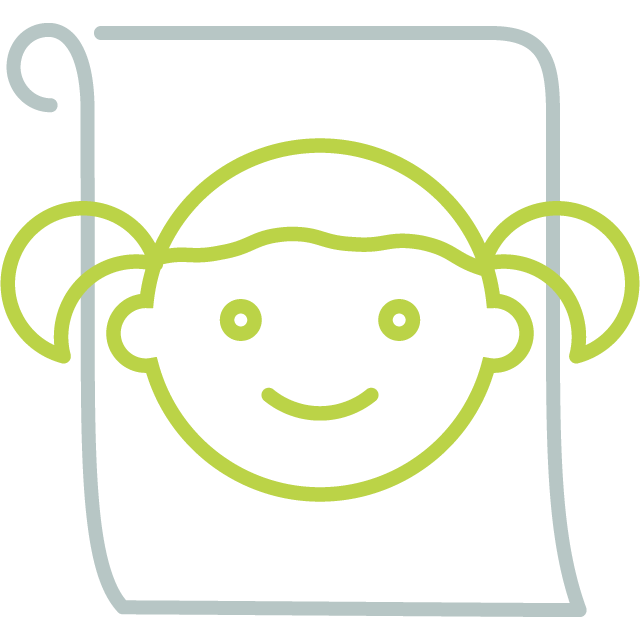- When you listen to a child,
learn from them.
Listen attentively and tune into them.
Learn from them about their world.
The door to their world only opens from the inside
to the adults they trust. - When you listen to a child,
listen carefully, taking time, in a relaxed manner.
When a child finally gets around to telling, the time is often up.
It’s painful to tell the story halfway through.
Their pains and words need time to get out.
The time you are waiting is the time you are listening. - When you listen to a child,
give them a sign that you are listening.
Give them warm responses and give them nods, repeating what they said.
An anxious child is reassured when they receive these signs you are listening.
The child feels happy that they’ve made themselves understood. - When you listen to a child,
don’t stop them in the middle of their story.
Don’t judge. Don’t sum up for them.
Don’t talk. Just listen.
When adults open their mouths,
children close theirs.
If you want to know about a child, open your ears. - When you listen to a child,
look at the signs in their eyes.
Children usually cannot look adults in the eye when they talk.
Still, when a child wants you to understand,
they signal with their eyes.
Watch for the signal and don’t miss it. - When you listen to a child,
be on the same eye level.
Being looked down on from above, everyone stiffens up.
So, kneel at their eye level when you listen to a child.
Children feel safe, and it’s easy for them to talk. - When you answer a child,
keep your voice in the same tone.
Loud or high-pitched voices carry the adult’s irritation.
Children may not know the meaning of words, but they know feelings from the voice of adults.
Children’s words are becoming more difficult to come out. - When you listen to an anxious child,
feel their emotions.
Your “how come?” and “why?” sometimes make them feel accused.
Just say to them, “I know you feel anxious.” ”You’re worried, aren’t you?”
Work with a child to figure out the answer. - When you listen to an anxious child,
try not to determine the cause right away.
“It’s because of the earthquake.” ”It comes from the personality.”
They are not the answer.
The world around a child is not simple, nor is the child’s mind.
Have a broad vision. - When you listen to an anxious child,
believe in the child’s strength.
Listen to them attentively, support them thoroughly, and give them open-minded guidance.
In the end, however, the child will figure it out on their own.
A child, whom an adult believes in, can overcome their problem and will be all right.
The script for “When you listen to a child – Based on the Hyogo Prefectural Board of Education Disaster Prevention Manual” written by Kumiko Hiramaru can be downloaded here!


コメント